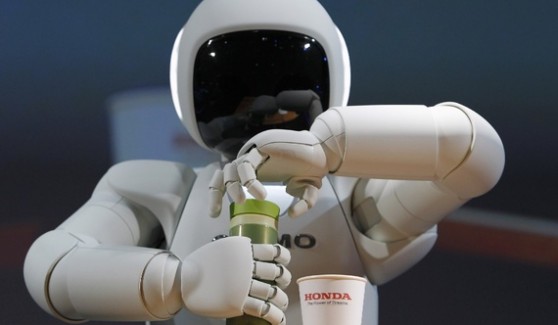In the 19th century, new manufacturing technology replaced what was then skilled labor. Somebody writing about the future of innovation then might have said skilled labor is doomed. In the second half of the 20th century, however, software technology took the place of median-salaried office work, which economists like David Autor have called the "hollowing out" of the middle-skilled workforce.
The first wave showed that machines are better at assembling things. The second showed that machines are better at organization things. Now data analytics and self-driving cars suggest they might be better at pattern-recognition and driving. So what are we better at?
One conclusion to draw from this is that humans are, and will always be, superior at working with, and caring for, other humans. In this light, automation doesn't make the world worse. Far from it: It creates new opportunities for human ingenuity.
But robots are already creeping into diagnostics and surgery and Schools are already experimenting with software that replaces teaching hours. The fact that some industries have been safe from automation for the last three decades doesn't guarantee that they'll be safe for the next one. As Frey and Osborne write in their conclusion:
While computerization has been historically confined to routine tasks involving explicit rule-based activities, algorithms for big data are now rapidly entering domains reliant upon pattern recognition and can readily substitute for labour in a wide range of non-routine cognitive tasks. In addition, advanced robots are gaining enhanced senses and dexterity, allowing them to perform a broader scope of manual tasks. This is likely to change the nature of work across industries and occupations.

